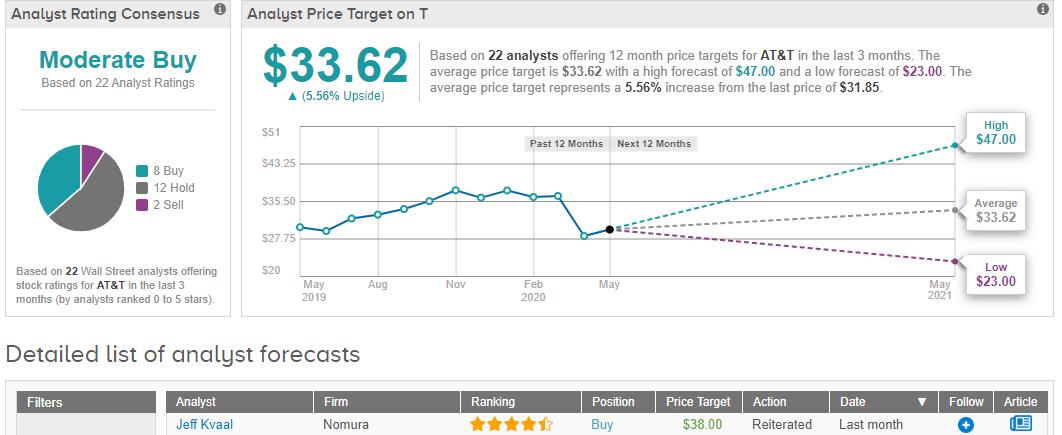It was a rocky start for HBO Max, the latest entrant into the so-called streaming wars, on Wednesday. Parent company AT&T’s (T) WarnerMedia unit was unable to reach a deal with Amazon (AMZN ) and Roku (ROKU) to make HBO Max available on their hardware; thus, it was noticeably absent from the nation’s two largest streaming players, which between them control 70% of the U.S. streaming-media player market.
WarnerMedia would like Amazon to merely pass through subscribers to the HBO Max platform, much as it does with Netflix (NFLX) and Disney+ (DIS) customers. This would make it easier for AT&T to track viewing habits and other data about its customers. Amazon, on the other hand, would like to house the HBO Max content on Prime Videos Channels, as it currently does with HBO.
A spokesman for AT&T’s WarnerMedia unit said the company was looking forward “to reaching agreements with the few outstanding distribution partners left, including with Amazon and on par with how they provide customers access to Netflix, Disney+ and Hulu on Fire devices.”
The dispute with Roku centers around revenue sharing and advertising rights. Roku typically takes a cut of a service’s subscription fees and gets to sell ads in return for distribution. “As the No. 1 streaming platform in the U.S., we believe that HBO Max would benefit greatly from the scale and content marketing capabilities available with distribution on our platform. Unfortunately we haven’t reached agreement yet with HBO Max,” Roku said in a statement on Wednesday.
HBO has around 33 million U.S. subscribers and 140 million globally. Providers with which it has signed agreements to carry HBO Max thus far include Altice USA Inc. (ATUS), Cox Communications Inc., and Verizon Communications’ (VZ) Fios TV, and Comcast Corp. (CMCSA).
JPMorgan analyst Philip Cusick recently wrote that he was “optimistic about AT&T’s ability to gain share in the streaming world with its planned May launch of HBO Max,” but also argued that the service will be “launching into a much slower wireless market, making the product less impactful.” Cusick gave AT&T a Hold rating and $35 price target.
AT&T stock is down 6% over the past 3 months, but TipRanks data shows a Moderate Buy consensus around AT&T stock among Wall Street analysts. An average analyst price target of $33.62 implies 5.56% upside potential in the shares in the coming 12 months. (See AT&T stock analysis on TipRanks).

Related News:
New HBO Max Streaming Service Will Go Live on Wednesday
Weight Watchers Fires Thousands Over Zoom
Facebook Workplace Hits 5 Million Paid Users As Remote Work Demand Rises








